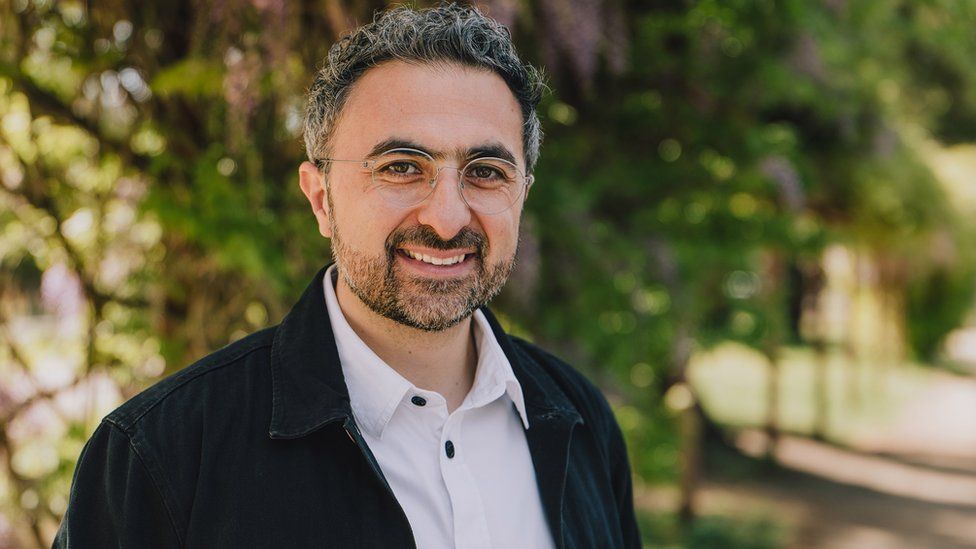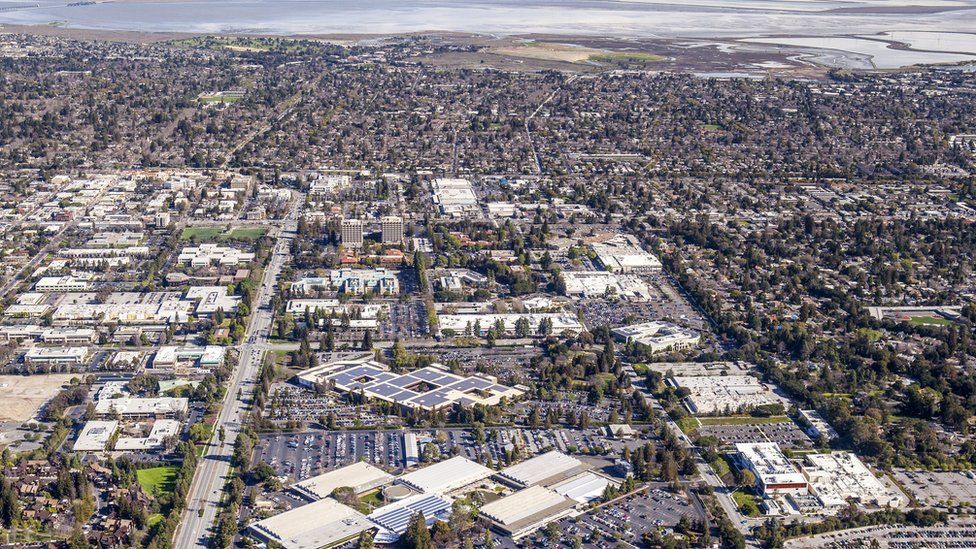UK needs culture shift to become AI superpower – DeepMind co-founder

The co-founder of leading AI firm DeepMind, which started as a UK company and was sold to Google, says the UK should encourage more risk taking if it wants to become an AI superpower.
Mustafa Suleyman added that he does not regret selling DeepMind to the US giant in 2014.
“The US market is not only huge, but also more predisposed to taking big shots,” he told the BBC.
Prime Minister Rishi Sunak wants the UK to be a global hub for AI.
He has pledged £1bn in funding over the next 10 years, and founded a UK taskforce with a remit of maximising the benefits of the tech while keeping it safe.
This week BBC News is focusing on AI, how the technology affects our lives and what impacts it may have in the near future.
Mr Suleyman said the UK had “every chance” of becoming an AI superpower and praised its research facilities, but added there were not the same opportunities for businesses to grow as there are in the US.
“I think the culture shift that it needs to make is to be more encouraging of large scale investments, more encouraging of risk taking, and more tolerant and more celebratory of failures,” he said.
“The truth is, the US market is not only huge, but also more predisposed to big risk taking, taking big shots and having big funding rounds.”
Mr Suleyman has chosen to base his new company, Inflection AI, in Palo Alto, California, which is also home to the headquarters of Google, Facebook and Tesla.

What is DeepMind?
DeepMind is often held up as one of the most successful AI companies to be grown in the UK.
It was sold to Google in 2014, for a reported $400m. The price paid was not made public.
DeepMind is developing a program called AlphaFold, which has the potential to advance the discovery of new medicines by predicting the structure of almost every protein in the human body.
An earlier DeepMind product called AlphaGo beat the top human player of the Chinese strategy game Go, Lee Se-dol, 4-1 in a tournament held in 2016.
He later retired from the game, saying “there is an entity that cannot be defeated”.
It was considered at the time to be a major breakthrough for artificial intelligence.
UK challenge
Mustafa Suleyman’s views represent one of the challenges facing Ian Hogarth, a British entrepreneur and investor who has been appointed to lead the UK’s AI taskforce.
He took up the position five weeks ago.
In his first interview since getting the job, Mr Hogarth told the BBC that while the UK was a good place for start-ups, it should also be easier for them to grow.
“We’ve had some great [tech] companies and some of them got bought early, you know – Skype got bought by eBay, DeepMind got bought by Google.
“I think really our ecosystem needs to rise to the next level of the challenge.”

This week BBC News is focussing on AI, how the technology affects our lives and what impacts it may have in the near future.

It’s a view I hear often from small tech firms – they aim to be bought up by a US tech giant, rather than become a giant themselves.
Emma McClenaghan and her partner Matt run an award-winning AI start-up in Northern Ireland but they struggle to access the infrastructure they need to advance their product.
The week Emma contacted me, she said Twitter owner Elon Musk had purchased 10,000 specialised chips called GPUs, needed to build and train AI tools – and she had been waiting five months for a grant to buy one.
“That’s the difference between us and them because it’s going to take us, you know, four to seven days to train a model and if he’s [able to] do it in minutes, then you know, we’re never going to catch up,” she said.
Ian Hogarth thinks perhaps a future solution is for countries, rather than companies, to own this infrastructure.
“It is going to be a fundamental building block for the next generation of innovation,” he said.
Follow Zoe Kleinman on Twitter @zsk

